
So…Your child has been identified with a hearing loss. Now what?
Early Involvement for Deaf and Hard of Hearing children (EIDHH) was established to provide support and resources for families with a newly identified deaf or hard of hearing child. Early involvement is crucial for language and communication development as well as helping your child meet their developmental milestones.
Mission Statement
The EIDHH committee’s mission is to provide the highest quality services, resources, and support to children from birth who are Deaf and Hard of Hearing, by collaborating with their families, their communities, and the professionals that serve them in Alaska.
Early Intervention: The Missing Link
Watch the following message, shared from the perspective of Deaf culture, about the importance of terminology and perspective from day one.
Terminology
What do all the different terms mean?
Although there are no definitive rules, generally the following terminology applies. In most cases, an appropriate label depends on how the person identifies himself/herself, rather than a specific degree of hearing loss.
Deaf with a capital "D"
This refers to members of the Deaf community and Deaf culture. American Sign Language (ASL) is their primary language; while some use speech to communicate, not all do.
Deaf Culture
Deaf people often feel a special bond with one another. They are proud to be Deaf and believe that deafness is not something that needs to be fixed. Deaf Culture is rich in history, traditions and beliefs.
deaf with a lowercase "d"
This is a general term used by most people who do not identify themselves as being a part of the Deaf community. Often these individuals use residual hearing, lipreading, and speech to communicate.
Hard of Hearing
This term is often used for those with a milder hearing loss. They often rely on technology for communication. The use of ASL varies by individual.
Hearing
This is a label for people who have no hearing loss. It is often used by the Deaf community when referring to the general public.
The terms hearing impaired, disabled, handicap, dumb, and mute SHOULD NOT BE USED. They are considered derogatory, sometimes insulting and do not paint a clear picture of a deaf child. They imply that the deaf child is inferior, unable to live a full life, and unable to communicate, all of which is not true!
Early Involvement
Watch these interviews with parents and Deaf individuals who share their experiences and the importance of ASL, Deaf culture and the Deaf community.
Introduction |
|
Mary |
Natasha |
Byron |
Courtney
|
Shavon |
Marleen |
Markus |
Valerie |
Navigating the journey of raising a deaf or hard of hearing child can present unique challenges, but with the right resources, information, and support, it can also be an enriching and empowering experience. Our Deaf Supports team, in collaboration with other experts and community organizations, have compiled a list of local resources designed to provide valuable assistance and guidance on your journey.
|
Click the brochure below to learn more about Early Involvement for Deaf and Hard of Hearing Children, and our mission to provide quality services and support to children and families in need. |
||
Resources
Explore our list of Resources for Early Involvement and continue on a path of informed decision-making, advocacy, and community engagement.
Follow our Deaf Supports team on Facebook and be the first to know about deaf socials, events, and announcements.
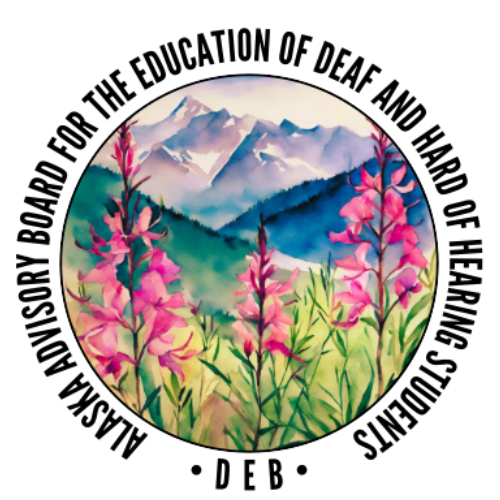 |
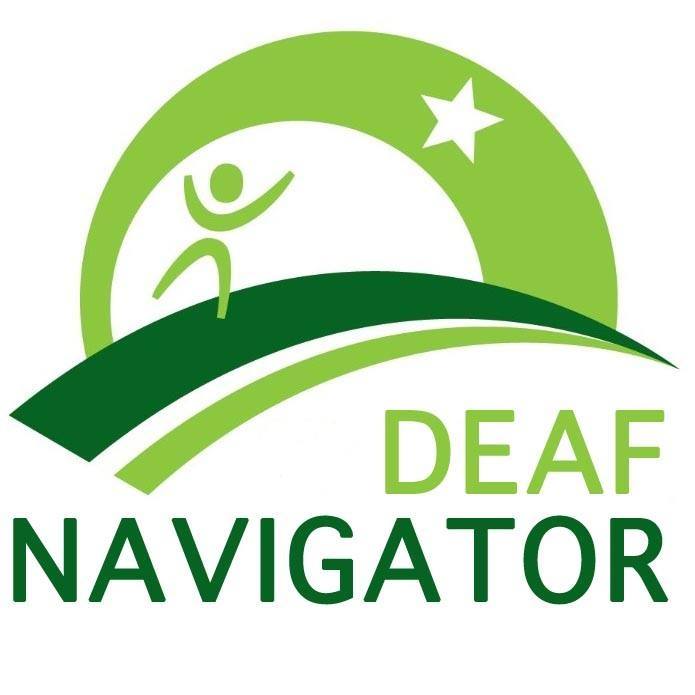 |
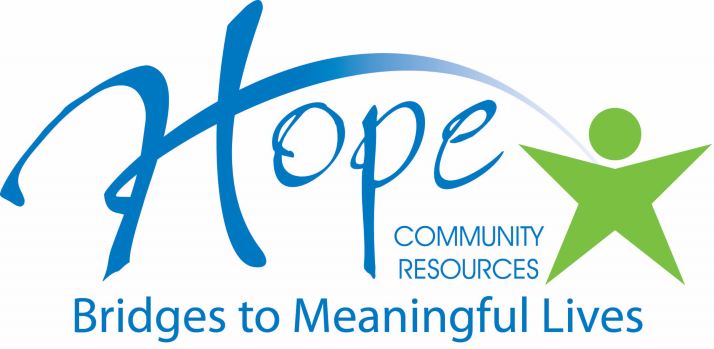 |
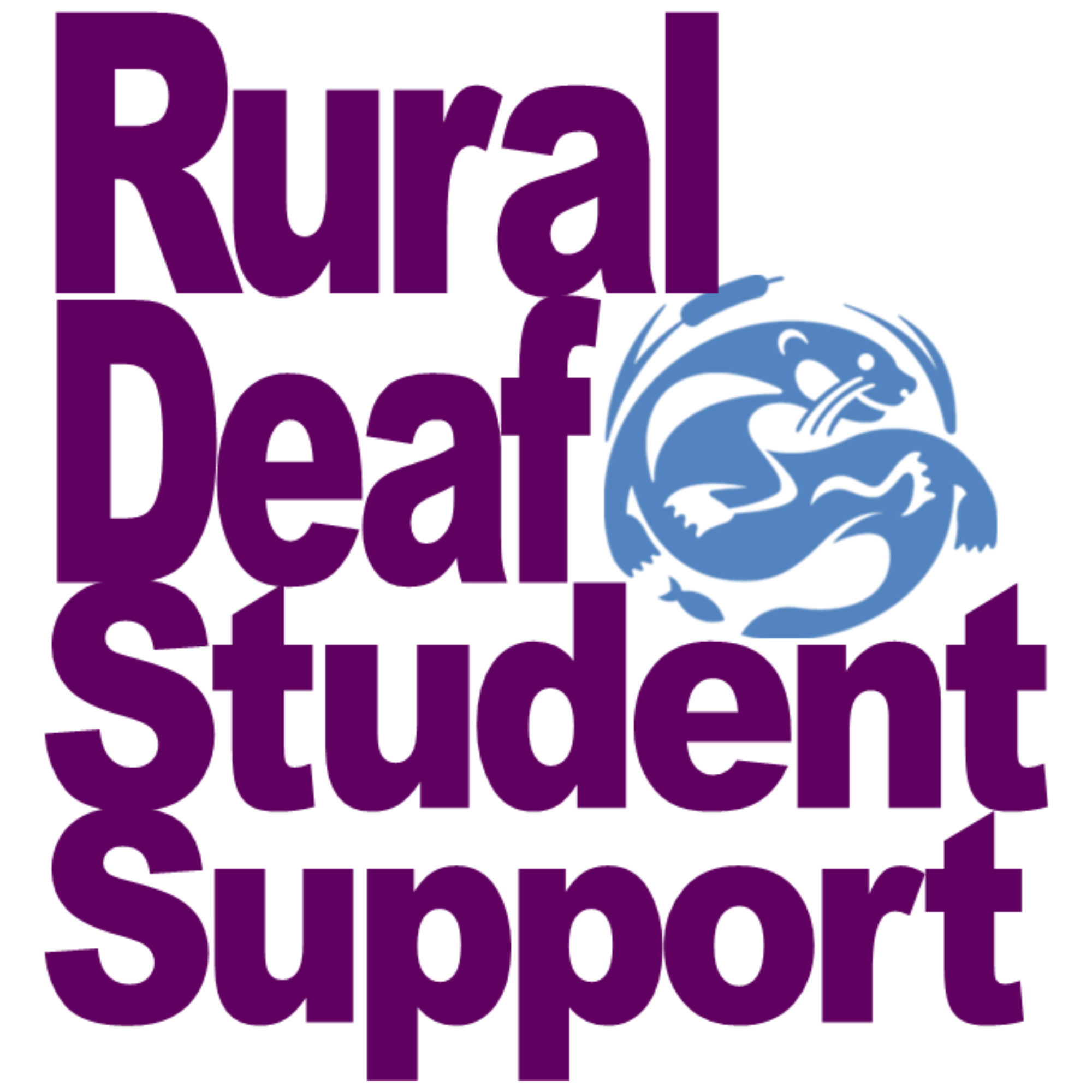 |
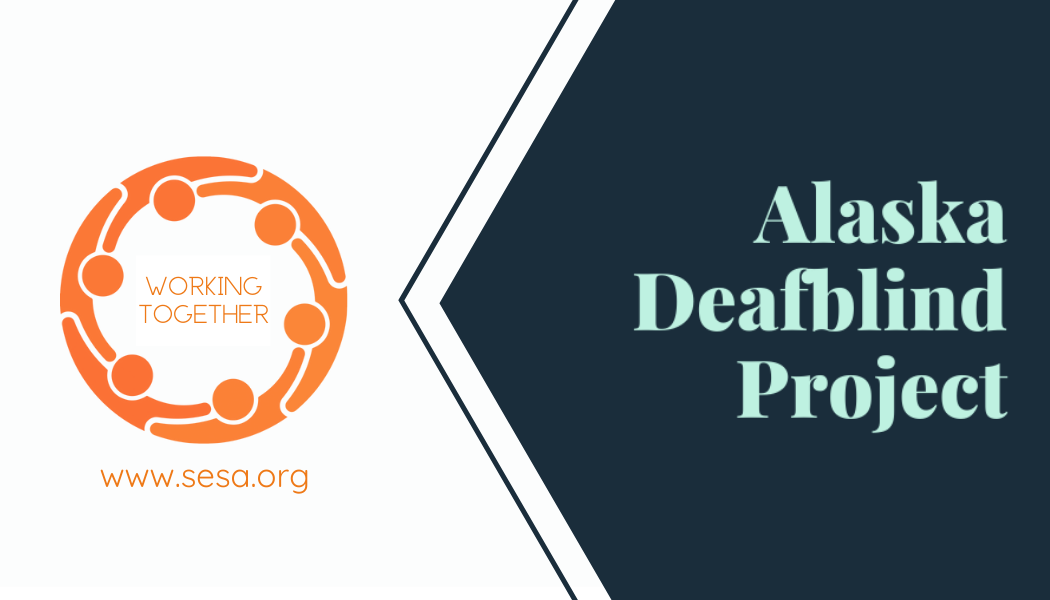 |
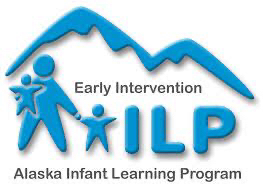 |
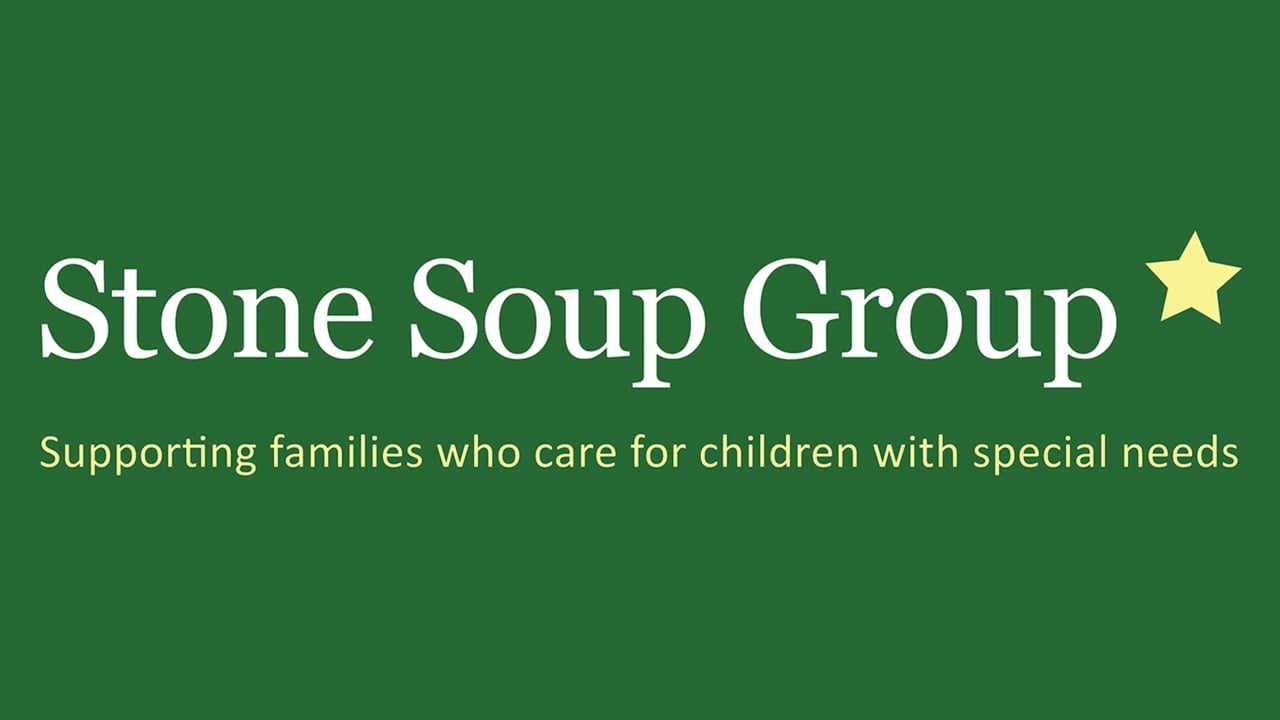 |
 |
 |
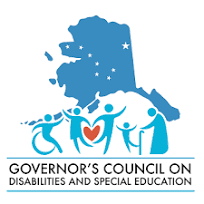 |
||



